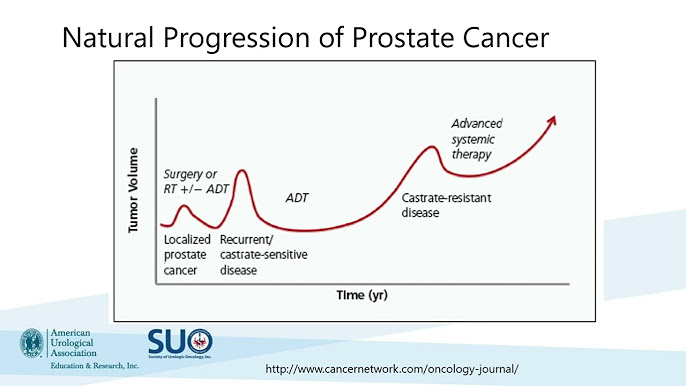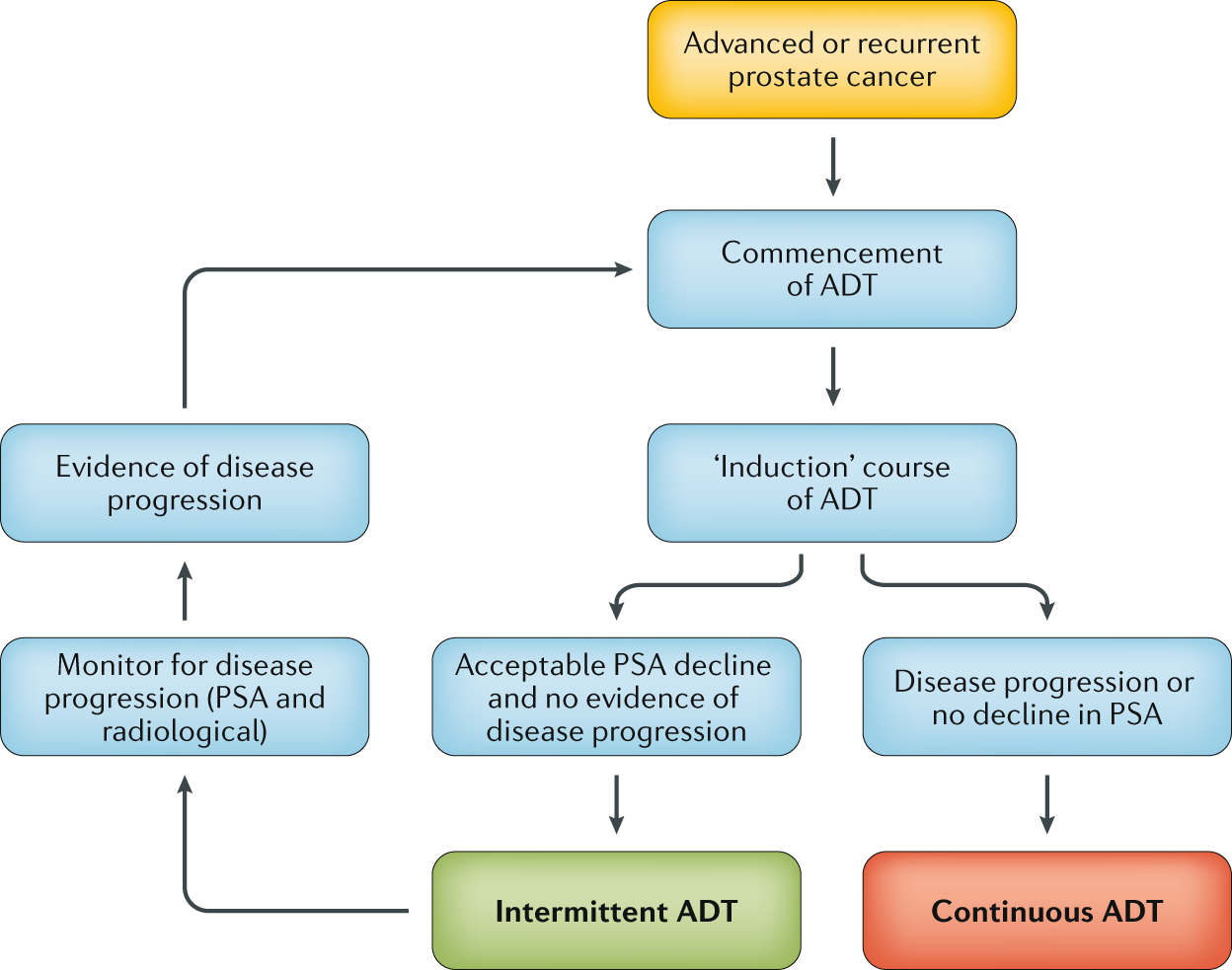A Biased View of Best Prostate Cancer Hospital In Mumbai
Wiki Article
Prostate Cancer Therapy: Surgical and Non-Surgical Approaches Explained
When faced with a prostate cancer medical diagnosis, the array of therapy alternatives can seem overwhelming. This thorough overview aims to drop light on the intricacies of prostate cancer therapy, supplying insights into the ins and outs of each approach to empower individuals in making notified selections regarding their wellness.Surgical Treatment Options
When considering surgical therapy alternatives for prostate cancer, clients and health care service providers commonly consider the advantages and risks connected with different procedures. One usual medical strategy is extreme prostatectomy, which entails the elimination of the entire prostate gland. This procedure is typically suggested for clients with localized prostate cancer cells and uses the capacity for a remedy. Extreme prostatectomy can lead to side effects such as urinary system incontinence and erectile dysfunction.
One more surgical alternative is robotic-assisted laparoscopic prostatectomy, a minimally invasive treatment that utilizes a robotic system to help the cosmetic surgeon in getting rid of the prostate. This method can result in much less blood loss, much shorter health center keeps, and quicker healing times contrasted to typical open surgery. It additionally carries the risk of difficulties such as infection and injury to bordering body organs.
Inevitably, the selection of surgical therapy for prostate cancer depends on various elements consisting of the stage of the cancer, the individual's overall wellness, and their preferences regarding prospective adverse effects and recuperation times. Consulting with a multidisciplinary team including urologists, oncologists, and radiation oncologists can aid individuals make educated choices regarding the most suitable medical strategy for their individual case.

Non-Surgical Treatment Alternatives
Taking into consideration options to medical treatments, non-surgical therapy alternatives for prostate cancer deal patients extra opportunities for taking care of the illness while reducing potential medical dangers. One non-surgical approach is Active Surveillance, where patients with low-risk prostate cancer are kept an eye on very closely through normal exams, blood examinations, and biopsies, without going through prompt therapy. This approach intends to avoid unnecessary therapy and its associated negative effects, such as urinary incontinence and erectile dysfunction.One more non-surgical alternative is Radiation Treatment, which makes use of high-energy rays to eliminate cancer cells (best prostate cancer doctor). This therapy can be delivered on the surface using a device (External Beam Radiation) or inside with little radioactive pellets placed near the lump (Brachytherapy) Radiation treatment can be used as a key treatment or in combination with various other therapies, such as hormone treatment
In Addition, Hormone Treatment is a non-surgical technique that aims to reduce the degrees of male hormones (androgens) in the body, as these hormones can sustain the growth of prostate cancer cells. By obstructing or decreasing androgen degrees, hormone treatment can reduce cancer cells development and ease symptoms in innovative situations.
Robotic-Assisted Surgery for Prostate Cancer Cells

One of the essential benefits of robotic-assisted surgical treatment for prostate cancer cells is its capability to minimize the danger of issues and negative effects generally connected with open surgical procedure, such as blood loss, discomfort, infection, and expanded healing times. Patients going through robotic-assisted treatments commonly experience much shorter healthcare facility remains, less postoperative pain, and faster go back to regular tasks. Furthermore, the minimally invasive nature of robotic surgical procedure commonly causes smaller sized cuts, resulting in improved aesthetic results and decreased scarring for patients. Overall, robotic-assisted surgical procedure stands for an innovative method to prostate cancer therapy that integrates technological innovations with surgical knowledge to optimize person results.
Radiation Treatment for Prostate Cancer
Using advanced radiation innovation, radiation treatment plays an essential function in the comprehensive treatment of prostate cancer cells. Radiation treatment uses high-energy radiation to ruin cancer cells and reduce tumors. It is a typical therapy option for prostate cancer, either as a main therapy or in mix with surgery, hormonal agent treatment, or radiation treatment.There are two primary kinds of radiation treatment made use of for prostate cancer cells: exterior light beam radiation treatment (EBRT) and brachytherapy. These seeds produce radiation that kills the cancer cells over time.
Radiation therapy for prostate cancer is highly effective, with high cure prices, specifically for local cancer cells. It is additionally a beneficial alternative for individuals that may not appropriate candidates for surgical treatment. Like any type of treatment, radiation therapy might have negative effects, such as urinary system issues, fatigue, and skin irritation, but these are convenient and usually short-lived.
Hormonal Agent Therapy for Prostate Cancer
Hormonal agent therapy is a typically utilized therapy technique for prostate cancer monitoring. Prostate cancer cells is typically fueled by the man hormone testosterone. Hormone treatment, likewise known as androgen starvation therapy, aims to lower testosterone levels in the body or obstruct the hormone's effects on the prostate cancer cells, hence decreasing the condition's development. This treatment is specifically efficient in advanced best prostate cancer doctor phases of prostate cancer, where surgical procedure or radiation therapy might not suffice.There are different types of hormonal agent treatment for prostate cancer cells, consisting of medicines that reduced testosterone levels (such as luteinizing hormone-releasing hormone agonists and villains), or medications that block testosterone from getting to cancer cells (like anti-androgens) Hormone therapy can be made use of alone or in combination with other therapies like radiation treatment, depending on the phase and aggression of the cancer.
While hormone treatment can properly control prostate cancer development, it might come with adverse effects such as warm flashes, loss of sex drive, erectile dysfunction, and osteoporosis - best prostate surgeon in Mumbai. Normal monitoring and discussions with health care carriers are crucial to handle these side impacts and make certain the therapy's effectiveness
Conclusion
To conclude, the therapy options for prostate cancer consist of non-surgical and surgical methods such as robotic-assisted surgical treatment, radiation therapy, and hormone therapy. Each technique has its very own benefits and dangers, and the option of treatment depends upon different aspects such as the phase of cancer cells and general health and wellness of the individual. It is crucial for individuals to go over these alternatives with their medical care provider to determine one of the most ideal training course of activity for their private circumstance.
Using advanced radiation modern technology, radiation therapy plays a crucial duty in the extensive therapy of prostate cancer. It is an usual treatment alternative for prostate cancer, either as a key treatment or in mix with surgery, hormonal agent therapy, or radiation treatment.
Radiation therapy for prostate cancer is very efficient, with high treatment rates, specifically for localized cancer.Hormonal agent therapy is a frequently utilized treatment approach for prostate cancer monitoring.In conclusion, the therapy options for prostate cancer consist of non-surgical and surgical techniques such as robotic-assisted surgery, radiation therapy, and hormonal agent therapy.
Report this wiki page